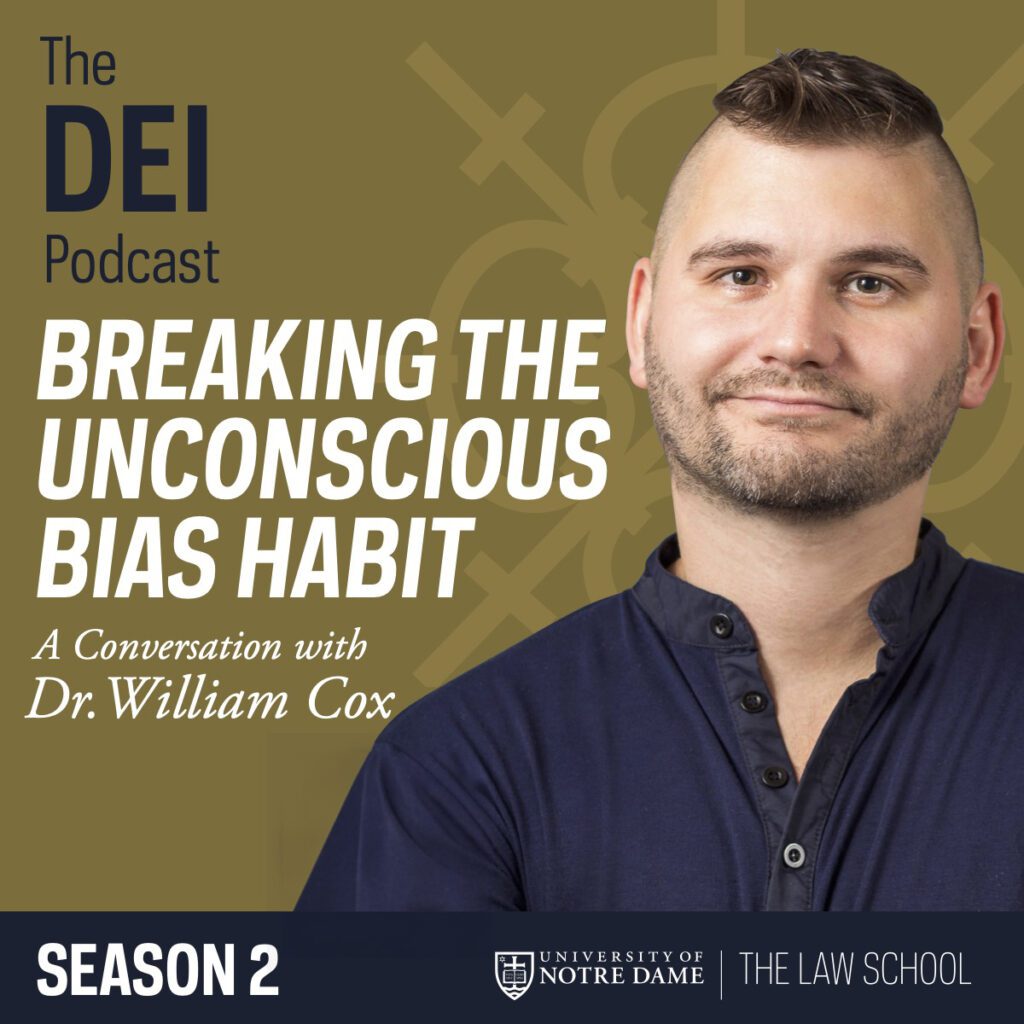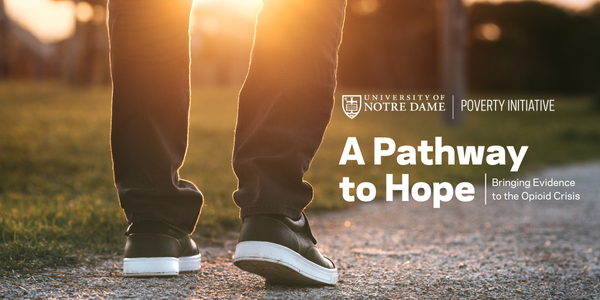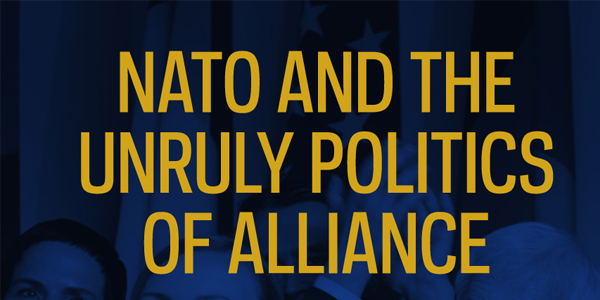
According to research, bias is a habit that begins to take shape at an early age. As we form our own social identities surrounding things like ethnicity, race, sexual orientation, religion, and gender, we start to identify as members of a specific group of people. These identities in many ways can shape how we see and treat others — and how others see and treat us.
At the University of Wisconsin–Madison, Dr. William Cox, Dr. Patricia Devine, and their colleagues developed the bias habit-breaking intervention, an evidence-based approach which builds on more than 30 years of scientific research on prejudice, stereotyping, and bias, and has been proven to reduce bias in people’s attitudes and behavior long-term. Dr. Cox is the Principal Investigator of the Stereotyping and Bias Research (SABR) Lab in the Department of Psychology at the University of Wisconsin–Madison, and the founder of Inequity Agents of Change, a 501(c)(3) dedicated to reducing bias, creating inclusion, and promoting equity.
In this conversation, Dr. Cox explains how bias impacts the mind. He then provides proven strategies for reducing bias, and identifies common approaches such as color-blindness that people often take to address bias that often create more bias rather than less.
The DEI Podcast with Max Gaston is sponsored by Notre Dame Law School and co-sponsored on ThinkND by the Black Alumni of Notre Dame, the Alumni Rainbow Community of Notre Dame (ARC ND), YoungND, Native American Alumni, Notre Dame Women Connect, Hispanic Alumni of Notre Dame, Notre Dame Senior Alumni, and Asian Pacific Alumni of Notre Dame. Register to receive emails about upcoming episodes of The DEI Podcast.
More Like This
Related PostsLet your curiosity roam! If you enjoyed the insights here, we think you might enjoy discovering the following publications.




